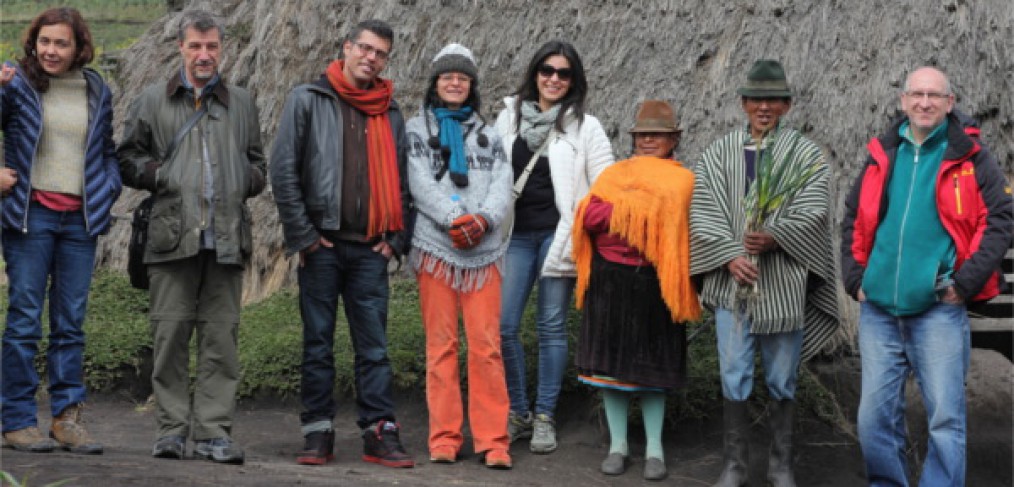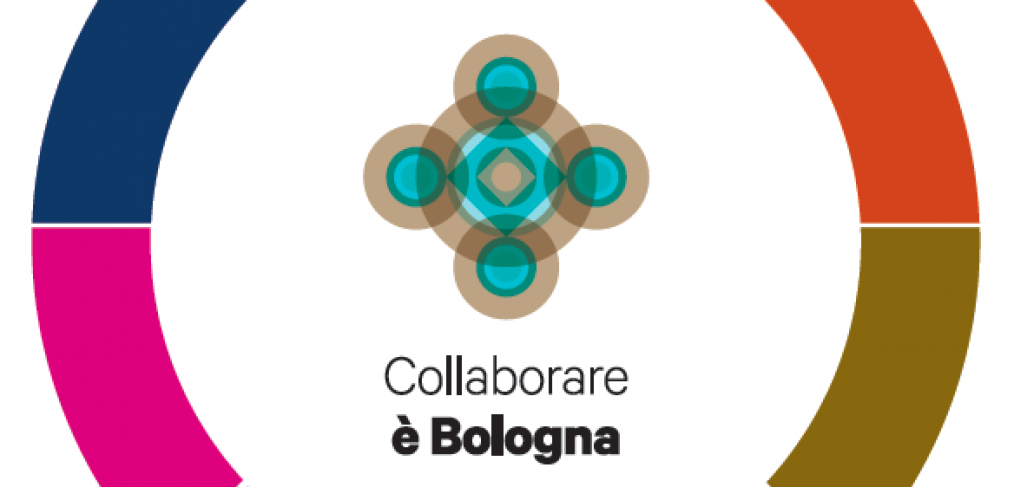Michel Bauwens reflects on the highly innovative qualities of Ecuador’s FLOK Society project while offering ideas on how to transcend its local context.
At a small workshop outside of Paris, France, twenty-two of us – mostly Europeans except for two of us – got together to discuss the economics of the commons from an on-the-ground perspective.
We can only promote the commons as a new narrative for the 21st century if they are identified as a common denominator by different social movements and schools of thought. In my point of view, enforcing the commons would be not only possible, but strategically intelligent.
In 2012 a group of seventeen commons activists from throughout Asia – India, China, the Philippines, Indonesia, New Zealand and other countries – met in Bangkok to have a wide-ranging discussion about the future of the commons, especially in fighting neoliberal economics and policy.
The City of Bologna is pioneering a new paradigm of municipal governance that suggests that there are some practical, bottom-up alternatives to bureaucracy.
As long as human societies exist, so do the commons, embodied in very diverse social practices. As form of governance, they have endured longer than any State in human history.
An outline of the general aspects of a political agenda for a gradual transition to a commons-oriented, social knowledge economy.
This four-part strategy memorandum outlines more than sixty examples of legal innovation for the commons and includes a rationale for launching a new field of inquiry and activism: Law for the Commons.
The victimization of women in doing care work is remarkably akin to the victimization suffered by commoners, colonized persons and nature.
The first wave of hacks was radically liberal, it is time for a second wave, where the values of equity and fairness are added to the core value of freedom, liberating commons-oriented peer production from its capture by netarchical capital.










